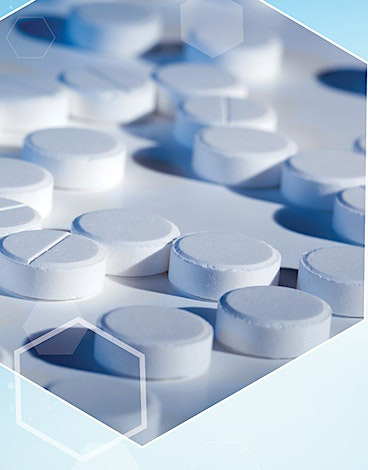The presence of N-nitrosamines in drug products can be a potential health concern. Some N-nitrosamines may increase the risk of cancer if people are exposed to them above acceptable intake limits and over long periods of time. Since the recent findings of N-The presence of N-nitrosamines in drug products can be a potential health concern. Some N-nitrosamines may increase the risk of cancer if people are exposed to them above acceptable intake limits and over long periods of time. Since the recent findings of N-nitrosamines in some types of drug products and considering their potential harmful effects to human health, regulatory agencies and drug manufacturers have been working continuously to understand the root causes of N-nitrosamine formation, assess the risks of N-nitrosamines, for human health, and take appropriate actions to reduce or prevent the presence of N-nitrosamines in active pharmaceutical ingredients (APIs) and drug products. N-nitrosamine drug substance related impurities (NDSRIs) are a class of N-nitrosamine sharing structural similarity to the API (having API or API sub-fragment in the chemical structures) that are receiving considerable attention among regulatory authorities.
The purpose of this workshop is to discuss the risks of forming NDSRIs in certain drug products, strategies to mitigate these risks, and considerations in assessing the safety risks of NDSRIs. The workshop will also discuss approaches to prevent or mitigate the formation of such impurities, for example, by adding a suitable antioxidant and/or pH modifier to drug products. Finally, the workshop will discuss the potential impacts of such reformulation on the bioequivalence of generic products, and strategies to efficiently address these issues.
Workshop Topics
- Reviewing the risk factors from APIs, excipients and/or manufacturing processes in the formation of NDSRIs and strategies to mitigate these risks
- Reviewing considerations in assessing the safety risks of NDSRIs
- Discussing the potential impacts of reformulation on the bioequivalence of generic products and strategies to efficiently address these issues
FDA and the Center for Research on Complex Generics (which is a collaboration between the University of Maryland School of Pharmacy and the University of Michigan College of Pharmacy) are dedicated to advancing programs that stimulate scientific dialogue, disseminate current insights about complex generics, and generate new knowledge in support of FDA’s mission to promote and protect the public health by increasing access to safe and effective generic medicines.
Audience
This workshop is primarily for the generic drug industry and other involved collaborators, including consultants and contract research organizations that support generic drug applications.





























